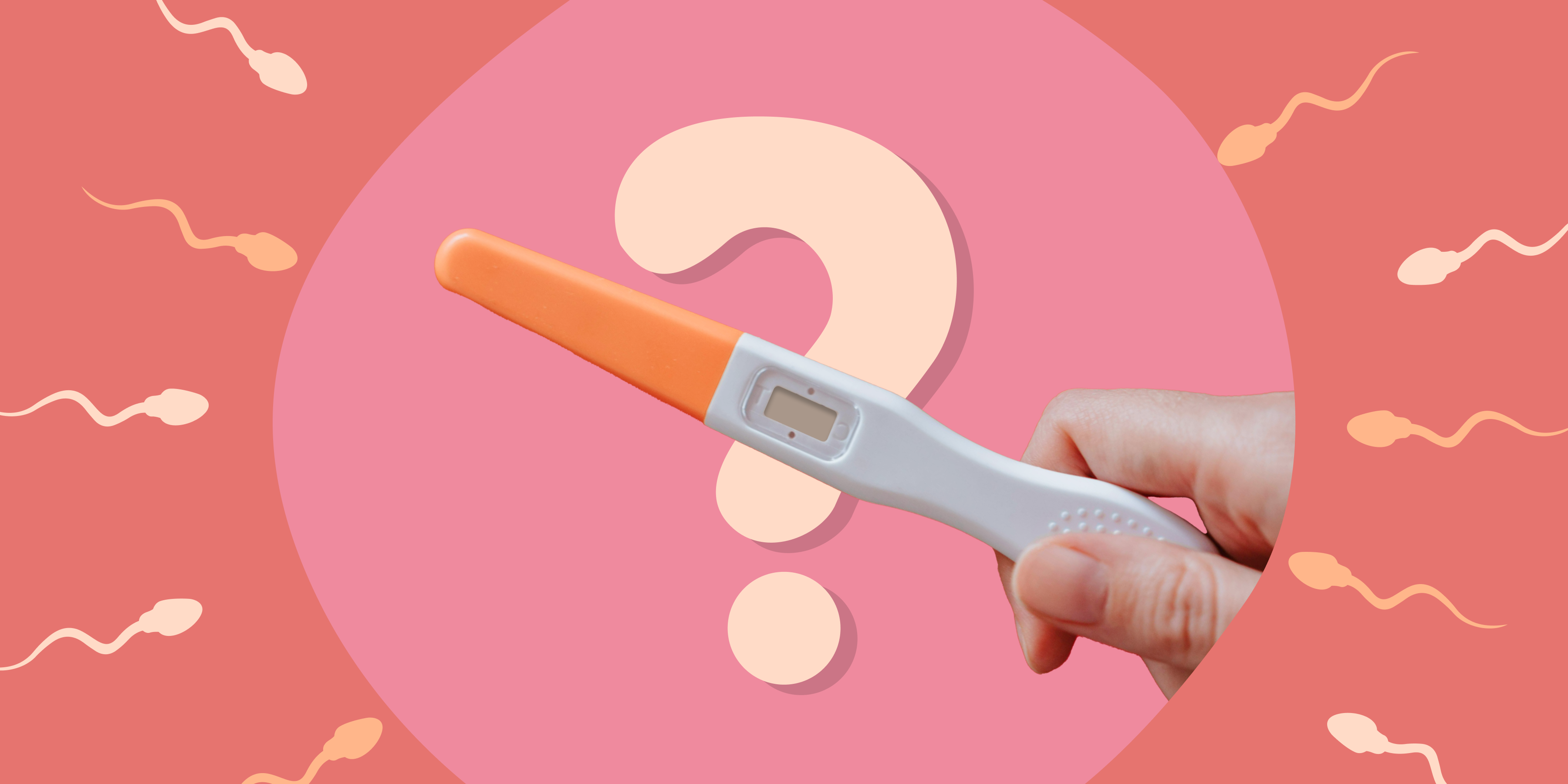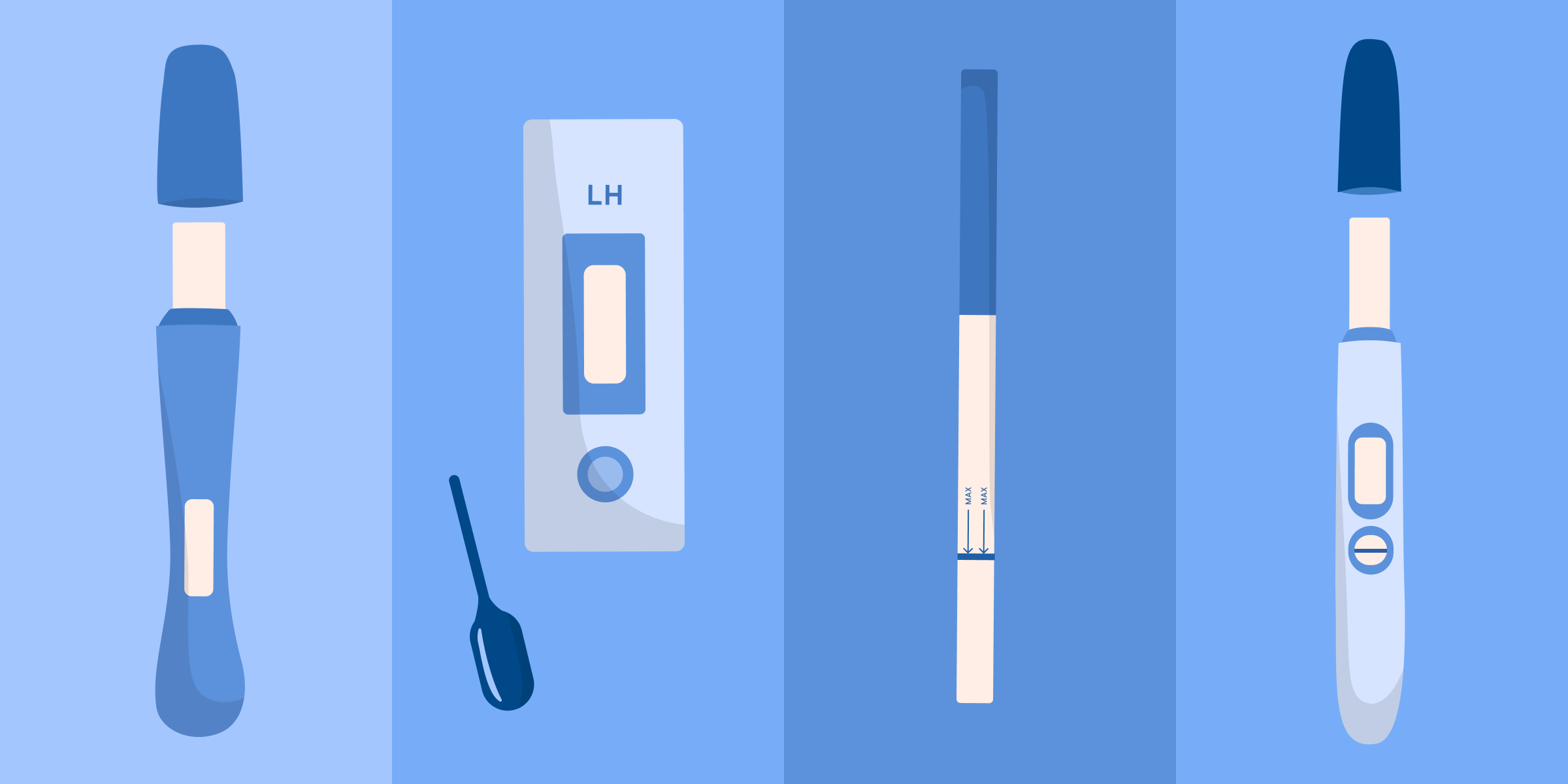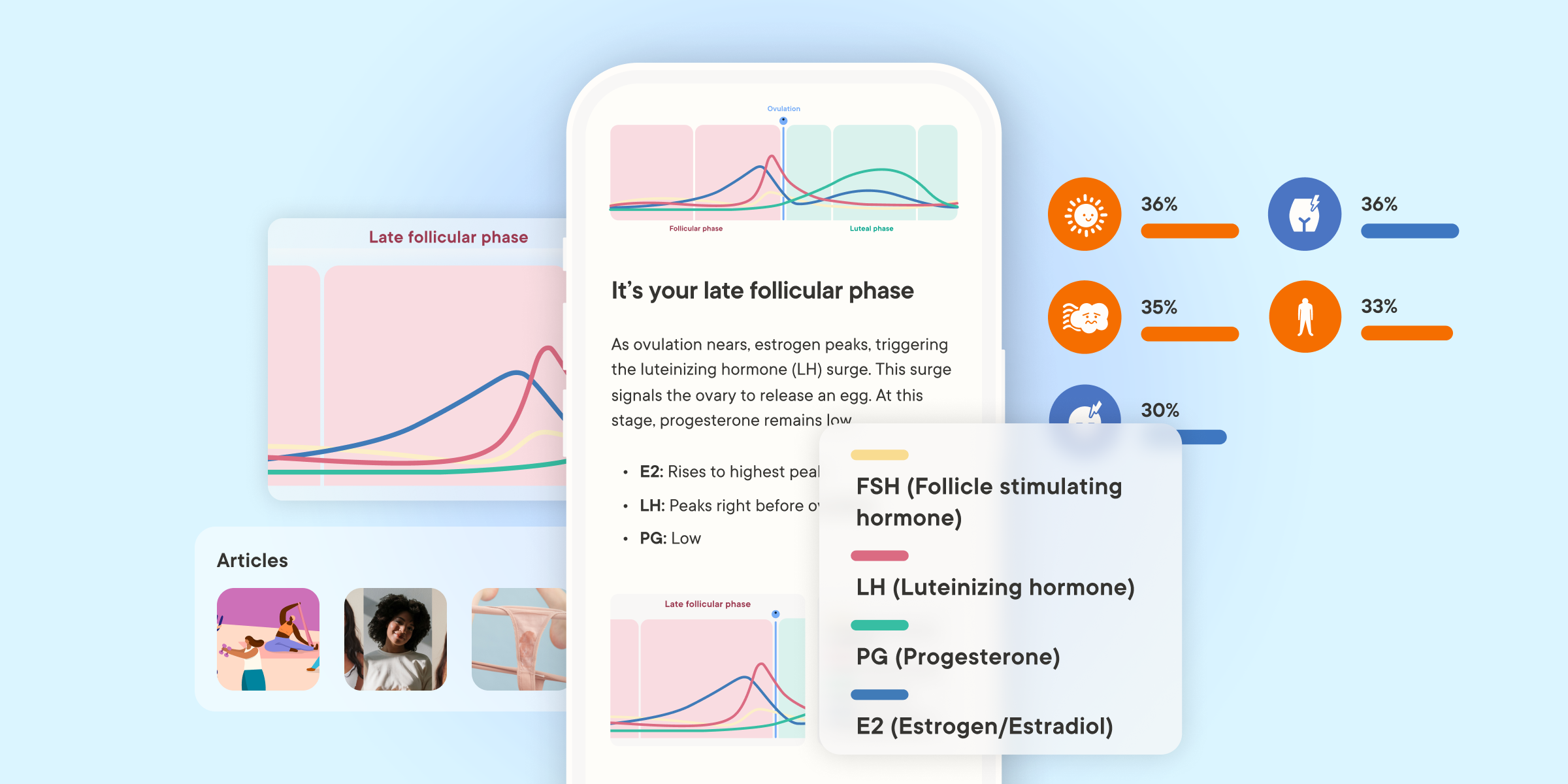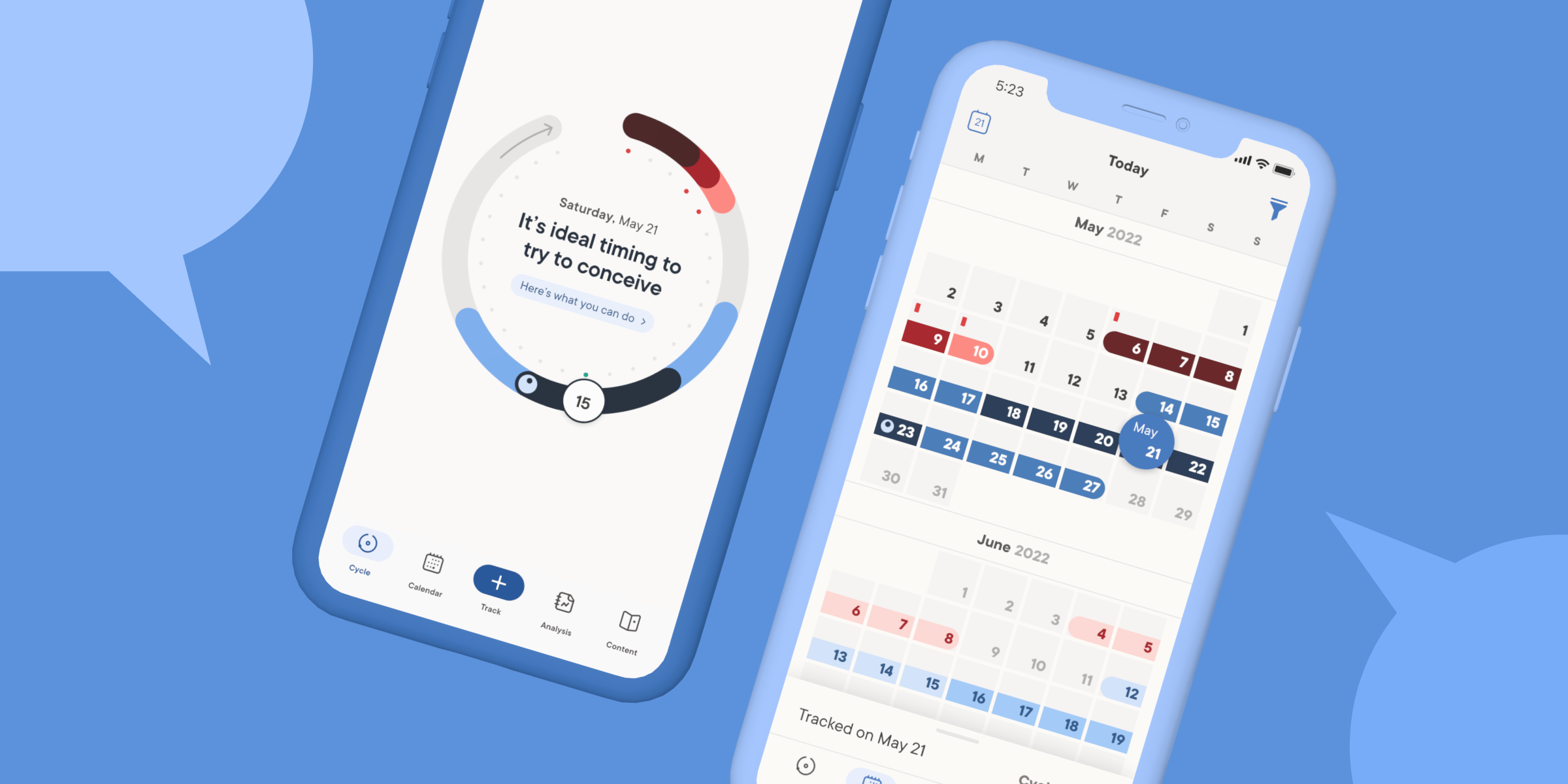
What is spotting? Common causes and how to track it
How, when, and why does spotting happen? Is it different than light bleeding before and after your period?
Eve Lepage is a reproductive health specialist and fertility nurse who writes about menstrual and sexual health, fertility, perimenopause, and menopause. At Clue, she works closely with product and design teams to build features that help people interpret their menstrual cycles, navigate life stages, and make informed decisions about their reproductive health. In addition to her writing and product work, Eve gives talks and hosts webinars that translate complex science into accessible, inclusive, and evidence-based guidance.
How, when, and why does spotting happen? Is it different than light bleeding before and after your period?
Hormonal birth control can affect some people's mood, but everyone is different
Breakthrough bleeding on hormonal birth control is common. Learn why it happens and how to manage it.
You don't have to take the placebo pills. Research suggests that it’s safe to skip them to extend your cycle.
Learn how BV affects vaginal health, its symptoms, causes, and what new research says about treatment.
Pelvic exams and Pap smears are essential for reproductive health—here’s how they differ.
Learn how self-collection tests are transforming HPV screening, making cervical cancer prevention more accessible.
Discover the possible reasons and when to see a healthcare provider.
Most home pregnancy tests give an accurate result once your period is a few days late, or about two weeks...
We break down each type of birth control in detail, how quickly ovulation may return, and when pregnancy is possible...
Lisa opens up about her journey to an endometriosis diagnosis, sharing the challenges she faced along the way.
Learn how conception works, from fertilization and implantation to the earliest stages of pregnancy.
Are vaginal fluids really all that different? In this article, we explain how to identify vaginal discharge, arousal fluid, and...
A typical period length for someone not using hormonal birth control is less than 8 days, but what’s “normal”...
By syncing your heart rate and variability data with your menstrual tracking, you can learn how your cycle affects your...
Is it possible to get pregnant from precum? This article breaks down the facts, risks, and what you need to...
Choosing the type of birth control that’s right for you can be overwhelming. Don’t worry—we’re here to help.
If you’re trying to conceive, find out how long you should wait before taking a pregnancy test to get the...
Sex education has been a part of school curriculums in the United States and other parts of the world for...
Have you ever heard of ovulation prediction tests? If you’re trying to conceive, they could be a valuable tool for...
It’s possible to maintain an exciting, fulfilling, enjoyable sex life while you’re trying to conceive. Sex can fulfill the practical...
Breast soreness before your period? Find out what’s behind it, how to ease the pain, and when it’s worth reaching...
Does birth control affect sex drive? Explore the research and find tips for improving libido.
Since many studies do not distinguish between female ejaculation and squirting, it’s difficult to know for sure. Based on the...
Discover how Clue users are gaining emotional insight by tracking their menstrual cycles. Learn how understanding the link between mood...
Here’s what to do before, during and after your visit, to get the best healthcare possible.
Your menstrual cycle is an indicator of your body’s overall functioning.
Orientation aside, exploring non-reproductive sex with your partner can be liberating.
People may enjoy sex more with an internal condom because they feel safe knowing that they are in control of...
Cycle Phase Insights is Clue’s most personalized feature yet—a science-led feed that goes deeper than tracking.
Learn how to use your Clue Plus membership for accurate menstrual cycle tracking. Our step-by-step guide shows you how to...
Vaginal discharge changes throughout your menstrual cycle—from dry days to stretchy, egg-white fluid around ovulation. Understanding these patterns helps you...
Learn how (peri)menopause can impact your professional life, discover strategies for managing symptoms at work, and explore how employers can...
With the climate crisis continuing, understanding how our environment affects our bodies is more urgent than ever.
Late periods can be caused by a variety of factors, including pregnancy, stress, lifestyle changes, and underlying health conditions. If...
Tracking isn’t only about periods–it’s a powerful way to understand your body’s patterns over time.
Understanding the phases of the menstrual cycle helps you learn how your hormones change throughout the month. Explore each phase...
I needed a way to stop doubting myself and a way to track what I was experiencing.
Emergency contraception works by either preventing the uniting of sperm and egg, preventing implantation into the uterine lining, or both.
Learn the correct way to put on a condom with our easy-to-follow guide. Ensure safety, comfort, and effective prevention of...
Your “period” on combined hormonal contraception is called withdrawal bleeding. It happens when hormone levels drop during the hormone-free interval.
Cervical screenings, like Pap smears and HPV tests, catch issues early, prevent cervical cancer, and save lives.
Period weight gain can feel frustrating, but it’s usually temporary. Learn what causes it and how to manage these changes.
Discover the link between iron deficiency and perimenopause and how to spot the signs early.
Clue Period Tracking mode in Clue Plus includes everything you’ve come to love about period predictions and experience tracking with...
What ovulation bleeding is, and how to know if you’re experiencing it.
When your reproductive plans change, it’s common to feel unsure of where or how to start. That’s why we’ve created...
Cancer seemed to change people’s take on my decision to freeze my eggs.
This was my ticket to extended freedom and continuing to focus on my career.
There are many different reasons why someone would consider undergoing egg freezing. Unlike embryo freezing (embryo cryopreservation), egg freezing doesn’t...
This article will explain one of the more widely known types of assisted reproductive technologies (ART); how it works, why...
From old wives’ tales to TikToks about eating pineapple cores, let’s get into it.
Many physical changes happen in the first few days after birthing, including hormone changes. Here are a few things you...
About one in five cases of infertility can be attributed solely to sperm health.









































